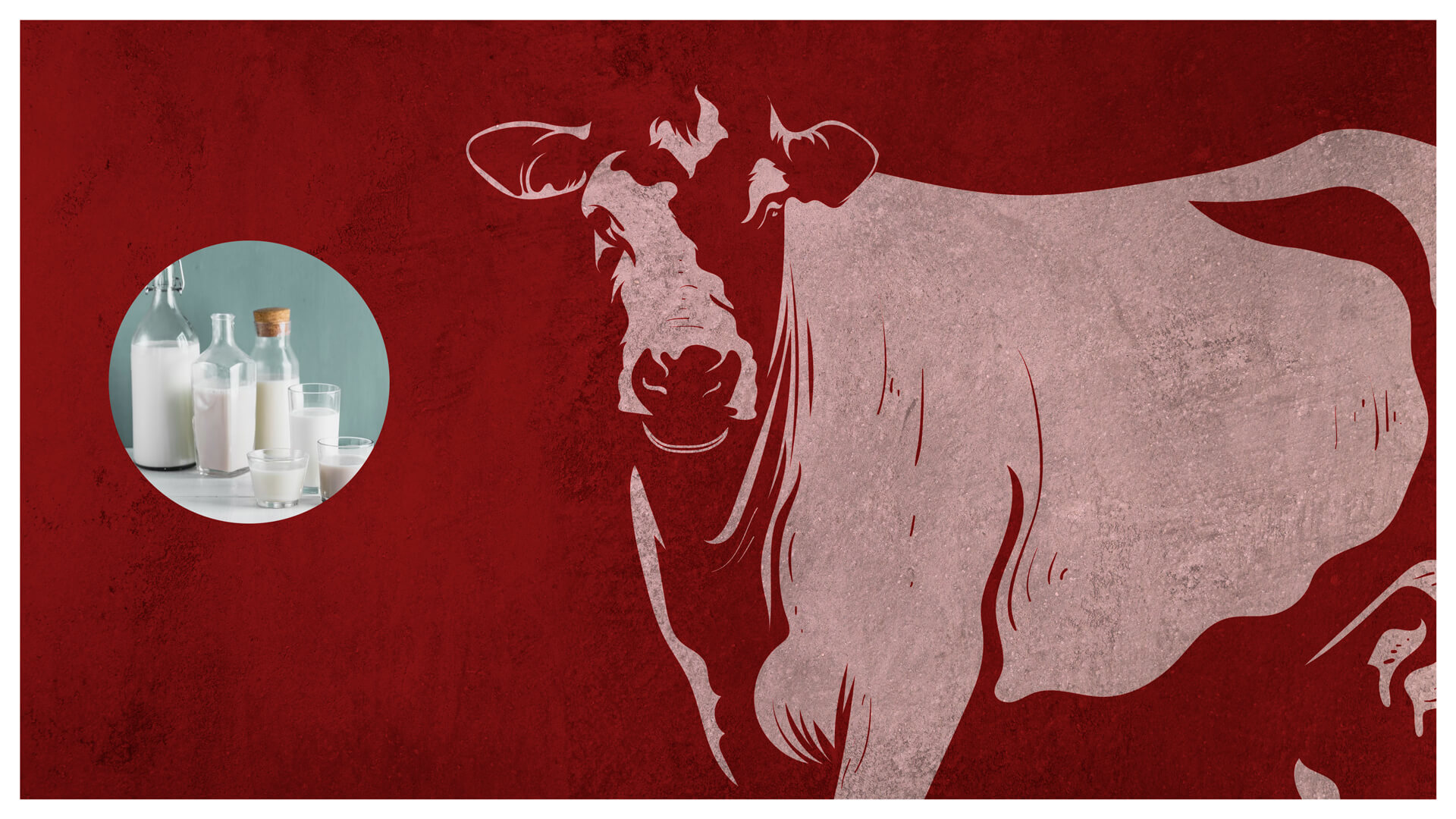
In a bid to overcome milk handling challenges and boost the country’s milk production, Zimbabwe has commissioned the Doonside milk collection centre in Mutorashanga. This development is aligned with the goals of Vision 2030 and National Development Strategy 1 (NDS1), which aim to enhance agricultural productivity and contribute to the country’s economic growth.
The newly commissioned milk collection centre is equipped with advanced storage technology that will help farmers address various challenges along the milk value chain and increase their milk production. The project’s primary objective is to enhance the capacity of smallholder farmers by improving their production capabilities and linking them directly to the markets.
The initiative has been met with enthusiasm by dairy farmers in the region. Mrs. Silvia Mahala, a farmer from Ward 25 in Nyabira, expressed her appreciation for the development, highlighting the benefits it brings to the local community. She emphasized that the milk collection centre provides a reliable market for farmers and will empower them financially. Additionally, the centre will create employment opportunities for the youth in the area. Farmers like Mrs. Mahala are also excited about the prospect of learning how to produce different milk products at the centre, further expanding their entrepreneurial opportunities.
The development of the dairy sector is regarded as an efficient tool to generate a continuous flow of income, diversify risk, optimize resource utilization, and create employment. To achieve potential milk yields, it is crucial to identify and address production constraints that affect milk production.
Dairy farmers in Zimbabwe have set a target to produce 105 million liters of milk, with plans to upscale their dairy projects to meet an annual target of 150 million liters. Achieving this goal will require investing in the growth of pastures to ensure cost-effective production of high-quality milk. Additionally, farmers emphasize the importance of proper feeding practices for cattle and the implementation of disease control measures. They believe that such measures, coupled with suitable breeds for the local environment, will contribute to the success of the sector.
Economist Ms. Nyasha Taderera from the Zimbabwe Farmers’ Union commended the progress made in the dairy sector, stating that it marks a positive step toward industry growth. She highlighted that this development will reduce the need to import milk powders from South Africa, thus boosting domestic production and consumption. Ms. Taderera also expressed optimism that the growth in the dairy industry will attract more investors, creating further opportunities for development and economic advancement.
The Government of Zimbabwe, in collaboration with development partners, has initiated a substantial US$4 million project aimed at increasing the country’s dairy herd. The project also seeks to strengthen horticultural value chains in 13 districts, further contributing to the growth and diversification of the agricultural sector.
The commissioning of the Doonside milk collection centre in Mutorashanga is a significant milestone for Zimbabwe’s dairy industry. It will not only address milk handling challenges but also empower smallholder farmers and boost milk production. With a focus on improving production practices, increasing market access, and enhancing value chains, the country is well on its way to achieving its agricultural goals and creating a sustainable dairy industry.


















